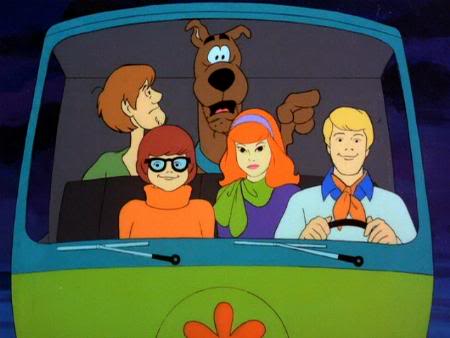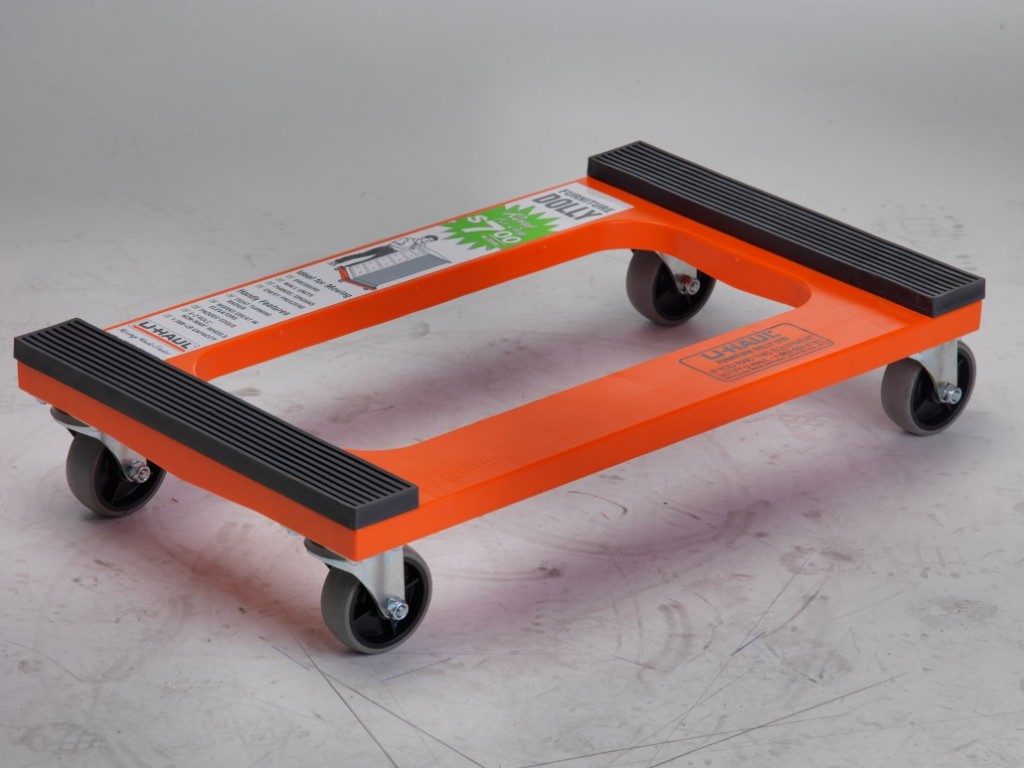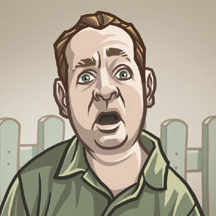Drove hundreds of miles through some very rural New England, USA today. Most areas were very nice with well kept homes and cute, small city centers (mostly only a couple of brick, commercial buildings).
What do people do for jobs out in the “middle of nowhere”? As an engineer who works closer to city areas where more jobs exist, I just can’t fathom what people are doing for jobs out there? How is everything paid for?
Edit: I should clarify there’s minimal farm land out in rural New England. So, not very many farmers at all.
A lot of people don’t work (retired, married a bread winner, or students living off mom and dad).
And there are of course telecommuting jobs now.
And even rural areas have doctors, dentists, plumbers, electricians, gas stations, delivery services, daycare, schools, libraries, churches, post offices, and countless other “invisible” employers that are easy to forget about when you live in a metropolitan city with dozens or hundreds of major corporate employers.
There’s also truckers with over the road/long haul jobs. You and you family can live anywhere when your job is to drive across the country.
Removed by mod
Some people will do jobs that bring money into the town such as engineers, hospital workers, etc. Others provide a service to these people such as restaurants and they make their money off them. People overestimate how much you need to survive in a rural community. It’s extremely cheap compared to big cities which is why rural tends to be heavily associated with low income communities
There are people that drive 45+ minutes each way for their job.
9 times out of 10, small rural communities are built up around natural resources, farming, military bases, or tourism. For instance with farming, that creates the need for tack shops, farm equipment sellers, mechanics, chemical distributors, end product distribution etc. With those industries in the core, you get lots of secondary industries.
Then once you have something keeping people around, education and healthcare become sort of self-sustaining employment sectors, leading to a kind of “invisible” government subsidy that will keep a place hanging on even if the original industry fades. These days, it’s closing the hospital or school that truly kills off a town.
I live in a kinda small Norwegian town. I work full time as a developer with remote access to the customer. My office is ~5-6 hours away, but I am very rarely asked to travel.
kinda living the dream i see
Lots of people i noticed are either commutinf quite a lot, or they work in construction or with carpentry etc. They can often find jobs out in rural areas, but of course, thats in Denmark and nothing is ever really ‘rural’ like in australia or some parts of the US
Our business does electronic assembly and sells the products online and sells web services. We get UPS and FedEx and USPS, and have a serviceable internet connection.
I grew up in “very rural Midwest, USA”. My hometown’s population is less than 5,000, and it’s the biggest town in the county. Some other have already covered the “invisible” jobs that are everywhere, but here are some more examples. If there are houses, there are realtors, builders, inspectors, insurers, landscapers, and service techs (think plumbers, electricians, etc.). Aside from the people you see working in stores, schools, hospitals/doctors’ offices, etc., there are the people you don’t see most of the time like cleaners and maintenance people. Even the tiniest little “town” usually has at least a gas station and/or bar, even though sometimes they’re the same place. There are also police officers, sheriffs, lawyers, judges, and other city/county officials.
Someone mentioned truckers, and even though my hometown was nowhere near any sort of metropolitan center, some independent OTR truckers lived there. And speaking of transportation, cars/trucks are obviously important in rural areas, so you’ve got new and used car dealerships, mechanics, tow truck drivers, etc.
deleted by creator
Often times, one or two large companies employ a significant fraction of the community. In my (rural) hometown we had a university and an industrial battery factory. Almost half of all the families in town had at least one member employed by either the university or the factory.
I kinda thought that was how most small towns worked. We got a couple big factories that take up a big chunk of the workforce here. They have a huge amount of power in controlling the wages for the town, which is always worrying. They pay the highest, but it’s still not very high
I live very rural and just travel for work. I know a fair few poeple in my area who do the same thing. Get flown around for work, fun of travel,and then back to our cosy homes in a low cost of living area.
Some of those rural New England towns have colleges. A town like Williamstown or Great Barrington MA has the local college as the largest employer. (With a town population around 7000, that’s not too difficult.)
Some have significant tourist trade, sometimes year-round. (In the fall, the leaf-peepers come up from the city to see the foliage.)
My husband is an engineer that works in plants and factories. The last three places he’s worked at were rural, or at least further from the city center. COL is typically lower in these areas, too, so lot of people get by on lower paying factory or service jobs, and as someone else said, a lot of retirees, too.
I teach their children how to use math to do physics.
“Blasphemy!!! Keep that voodoo magic out of my small town school!”
-probably someone, somewhere in BFE.
There are a lot of teachers and school administrators. Others will work at whatever factory or do welding or machining at a local fab shop. My dad always was driving an hour for work and I did for a while when I moved back out here until I got a remote job in software.











